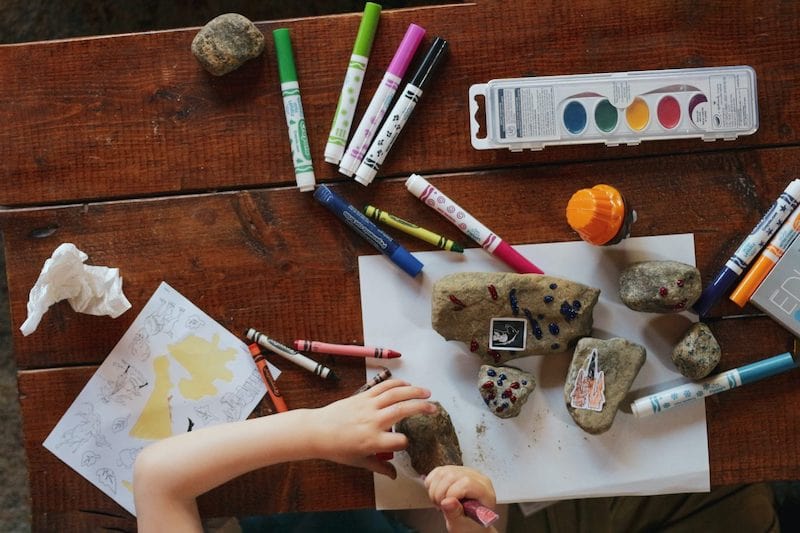
Why is Play Therapy Beneficial for Children, What Happens in the Play Room?
“Play is a child’s natural medium for self-expression” — Virginia Axline.
Play is a natural way for a child to express and communicate. Play offers a space for a child to practice creativity, relieve emotions, induce excitement, and expand knowledge. Play is a connecting activity that promotes practicing skills, learning, and development. Play therapy is to children, what counseling is to adults.
What is Play Therapy?
Play therapy differs from regular play. Play therapy allows children to express themselves within the therapeutic relationship. Play therapy is a theoretical based approach that builds on the child’s natural expressive process. It serves as a helpful intervention used to assist children in identifying and processing emotions.
What happens in the Playroom?
In the playroom the therapist cultivates an environment of safety, structure, and guidance. Within the therapeutic environment, children can communicate, express themselves, address and modify behaviors, develop, and identify skills, and problem solve. In the playroom you may find an array of toys and items that can provide an opportunity for stories to be told, feelings to be shared and memories to be created.
Therapists strategically utilize play therapy techniques to help children communicate their difficulties when they are unable to utilize verbal language to express their thoughts and feelings. Through play, therapists can help the child address and process through emotional concerns. A nondirective approach would be where the therapist allows the child to play with a therapeutic toy or game to help decrease stress or cope through a difficult emotion. A directive approach would include the child telling a story using dolls, puppets, or figurines to help learn more about the child’s family or situation they are trying to express to the therapist. Utilizing Play therapy techniques allows the child to be comfortable in expressing themselves through their own language.
Benefits of Play Therapy:
- Learn creative ways to experience, process, and express emotions
- Develop new and creative solutions to problems.
- Develops self-efficacy and awareness of their abilities
- Assist in accountability for behaviors and development of strategies
- Learn and strengthen social skills and relationships with peers/family
- Cultivate empathy and respect for thoughts and feelings of others
- Reinforce self-validation and self-soothing skills
Who Does Play Therapy Help?
Research identifies the effectiveness of Play Therapy on children with the following conditions:
- Autism
- Attention Deficit Hyperactivity Disorder
- Depression
- Anxiety Disorders
- Post-Traumatic Stress Disorder
- Physical and Emotional Trauma
- Physical, Emotional or Sexual Abuse
If you feel that your child could benefit from Play Therapy services, you can contact us.
Written by; Kimberly Watty, LMHC
Clinical Director, Genesis Counseling Florida


